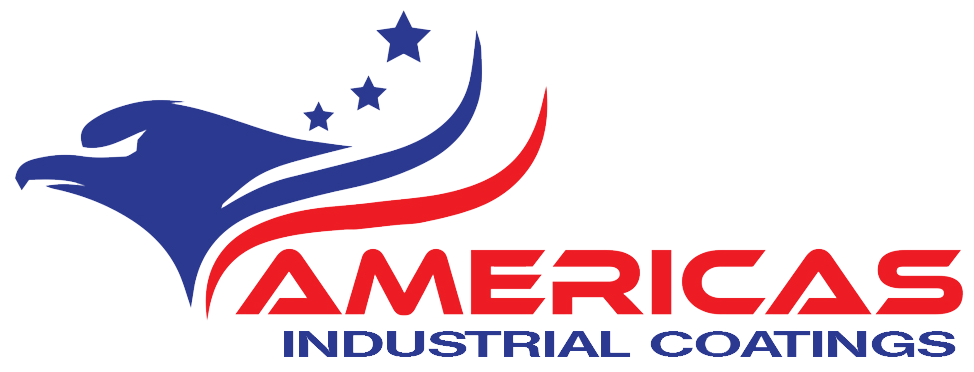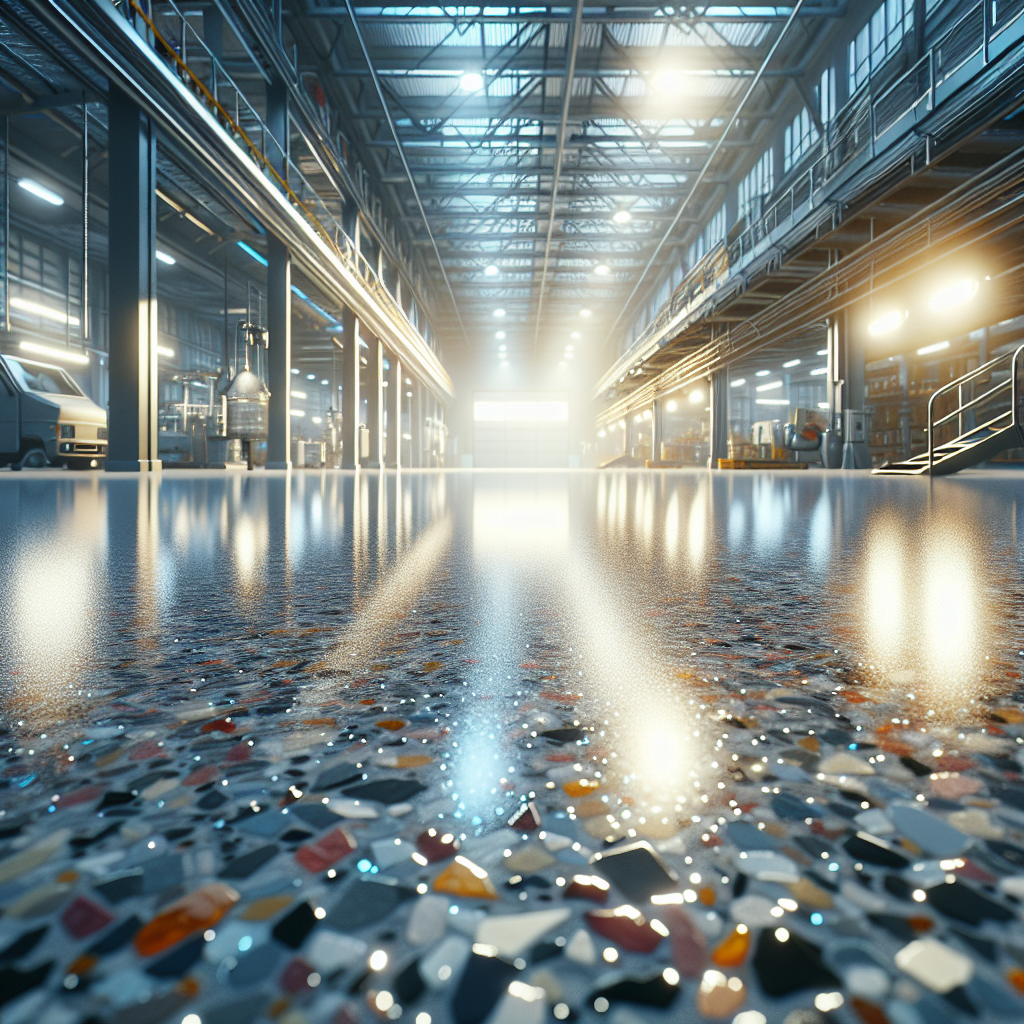When exploring the question of how hard is epoxy flooring, it’s essential to first understand what epoxy flooring is and its unique composition. Epoxy flooring is a high-performance flooring solution that combines a resin and a hardener to create a durable, long-lasting surface. This result is particularly beneficial for both residential and commercial environments, where wear and tear are prevalent.
The composition of epoxy flooring generally includes:
- Epoxy Resin: This is the primary ingredient that provides the flooring its strength and flexibility. The resin is typically derived from petroleum products.
- Hardener: This component works in conjunction with the resin to create a chemical reaction that leads to a solid, tough surface.
- Aggregates: In many epoxy flooring systems, aggregates such as quartz or flakes are added to enhance slip resistance and aesthetics.
One of the standout features of epoxy flooring is its resistance to damage from chemicals, stains, and impacts, making it an ideal choice for garages, warehouses, and industrial settings. Its ability to withstand heavy loads is a significant factor in its popularity, especially in areas with high traffic.
If you’re considering upgrading your space with this resilient flooring option, call us today for a free quote to learn how epoxy flooring can transform your environment into a safer and more attractive space.
Durability and Hardness of Epoxy Flooring

When assessing the durability and hardness of epoxy flooring, it is crucial to recognize that this flooring solution is engineered to endure a wide range of conditions. Epoxy flooring systems are renowned for their impressive strength, which makes them suitable for various applications, from residential garages to bustling commercial spaces.
One of the primary factors contributing to the hardness of epoxy flooring is its chemical composition. The process of combining epoxy resin with a hardener creates a robust surface that can withstand significant impact and wear. As a result, epoxy floors are often rated higher than traditional concrete floors in terms of hardness.
In addition to its hardness, epoxy flooring offers:
- Scratch Resistance: The tough surface of epoxy makes it resistant to scratches and abrasions, which is particularly advantageous in high-traffic areas.
- Impact Resistance: Epoxy floors can absorb shocks and impacts without cracking or chipping, ensuring longevity even in challenging environments.
- Chemical Resistance: The non-porous nature of epoxy flooring prevents the absorption of spills and chemicals, making it easier to maintain and highly durable against corrosive substances.
Overall, the durability and hardness of epoxy flooring make it a wise investment for anyone seeking a long-lasting and reliable flooring solution.
Factors Affecting Epoxy Flooring Hardness
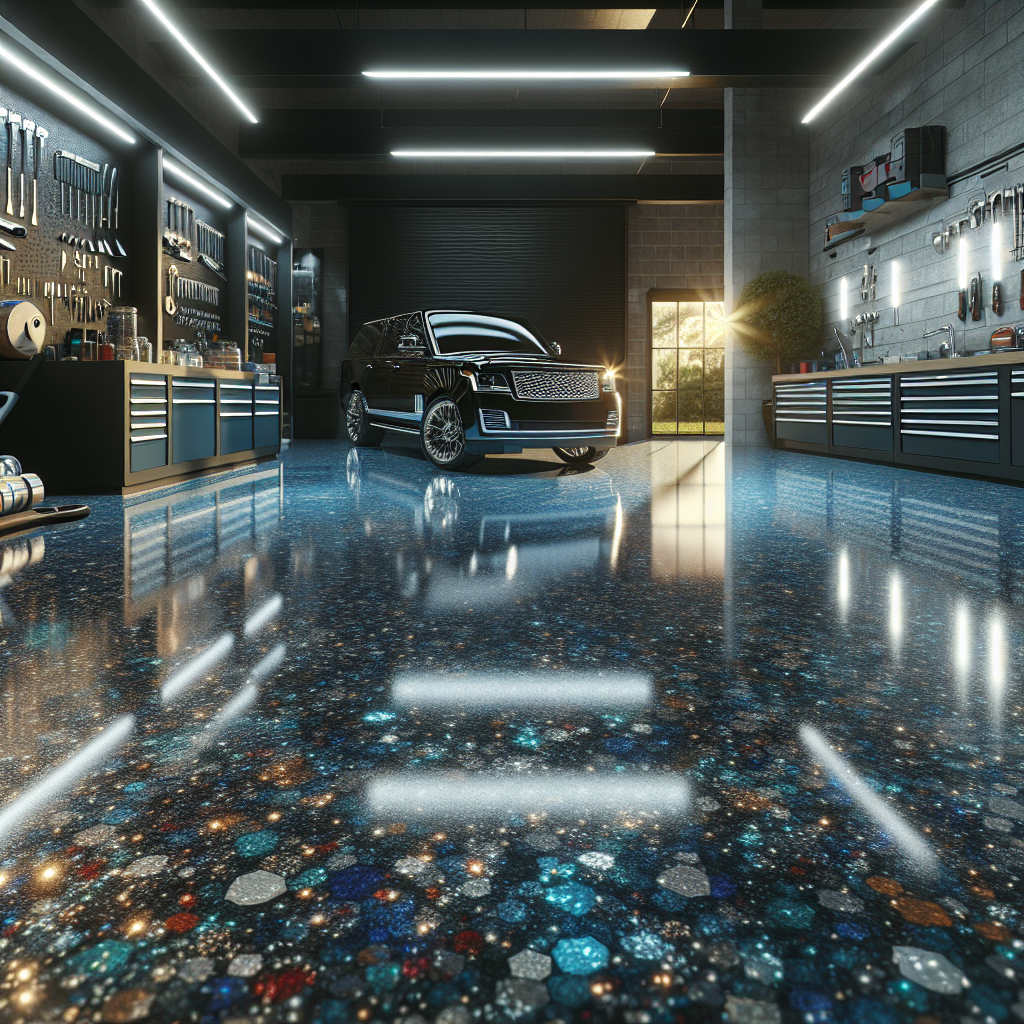
Understanding the factors affecting epoxy flooring hardness is essential for anyone considering this flooring option. The overall performance and durability of epoxy flooring can be influenced by several key elements:
- Quality of Materials: The type and quality of epoxy resin and hardener used in the installation process play a significant role in determining the final hardness of the surface. Higher-quality materials typically yield a stronger and more durable finish.
- Mixing Ratios: Proper mixing ratios of the resin and hardener are critical. An incorrect ratio can lead to a weaker bond, which may compromise the flooring’s hardness and durability.
- Temperature and Humidity: Environmental conditions during the installation process can greatly affect the curing process. Ideal temperatures and humidity levels ensure that the epoxy cures properly, resulting in a harder and more resilient surface.
- Thickness of Application: The thickness of the epoxy layer applied can also impact hardness. Generally, thicker applications tend to provide greater durability and resistance to wear and tear.
- Surface Preparation: Proper preparation of the substrate is crucial. A clean, smooth surface allows for better adhesion and ultimately contributes to the hardness of the epoxy flooring.
By paying attention to these factors, you can ensure that your epoxy flooring achieves its maximum potential in terms of hardness and durability, making it a long-lasting solution for your space.
Maintenance Requirements for Epoxy Flooring
Maintaining your epoxy flooring is essential for preserving its durability and aesthetics. Fortunately, the maintenance requirements for epoxy flooring are relatively straightforward, making it an attractive option for both residential and commercial spaces. Here are some key aspects of maintaining your epoxy floor:
- Regular Cleaning: Sweep or vacuum the floor regularly to remove dirt, dust, and debris that can cause scratches over time. For deeper cleaning, use a mop and a pH-neutral cleaner to avoid damaging the epoxy surface.
- Spot Cleaning: Address spills and stains immediately to prevent them from setting in. Use a soft cloth or sponge with a suitable cleaning solution to wipe up any substances that could stain or damage the floor.
- Avoid Harsh Chemicals: While epoxy floors are resistant to many chemicals, it’s wise to avoid using harsh solvents or abrasive cleaners that can compromise the finish.
- Periodic Inspections: Regularly inspect the flooring for any signs of wear, such as scratches or chips. Early detection allows for prompt repairs, which can extend the life of your floor.
- Reapplication: Depending on the level of foot traffic and usage, you may need to reapply a top coat of epoxy every few years to maintain its shine and protective qualities.
By following these simple maintenance tips, you can keep your epoxy flooring looking great and performing well for years to come.
Comparing Epoxy Flooring to Other Flooring Options
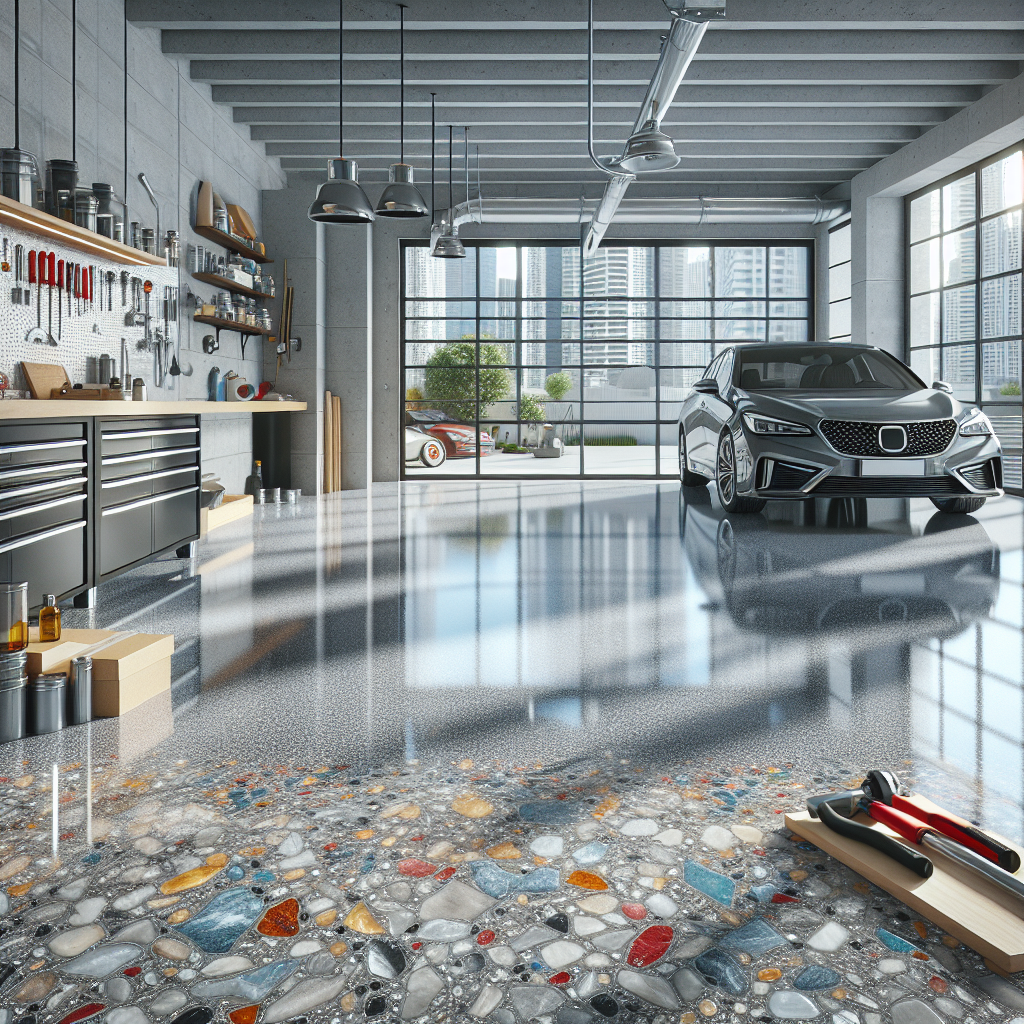
When choosing flooring for your space, it’s crucial to evaluate the various options available. Epoxy flooring stands out among its competitors for several reasons, making it a wise choice for many homeowners and business owners. Here’s a comparison of epoxy flooring with some common alternatives:
- Vinyl Flooring: While vinyl is known for its affordability and versatility, it may not offer the same level of durability as epoxy. Vinyl can be prone to scratches and dents, whereas epoxy flooring is highly resistant to wear and tear.
- Tile Flooring: Tile flooring is aesthetically pleasing and comes in many designs. However, tiles can crack under heavy impact, and the grout lines can be difficult to maintain. In contrast, epoxy offers a seamless finish that is easier to clean and maintain.
- Concrete Flooring: Although raw concrete is durable, it can be porous and susceptible to staining. Epoxy flooring provides a protective layer that enhances the concrete’s strength, making it resistant to chemicals and spills.
- Carpet: Carpet flooring provides comfort and warmth but can be challenging to clean and maintain. It’s also susceptible to mold and allergens. Epoxy, with its smooth surface, is a more hygienic option, especially for commercial environments.
In summary, while each flooring option has its pros and cons, epoxy flooring’s durability, ease of maintenance, and aesthetic appeal make it a superior choice for a variety of applications.
Conclusion: Is Epoxy Flooring the Right Choice?
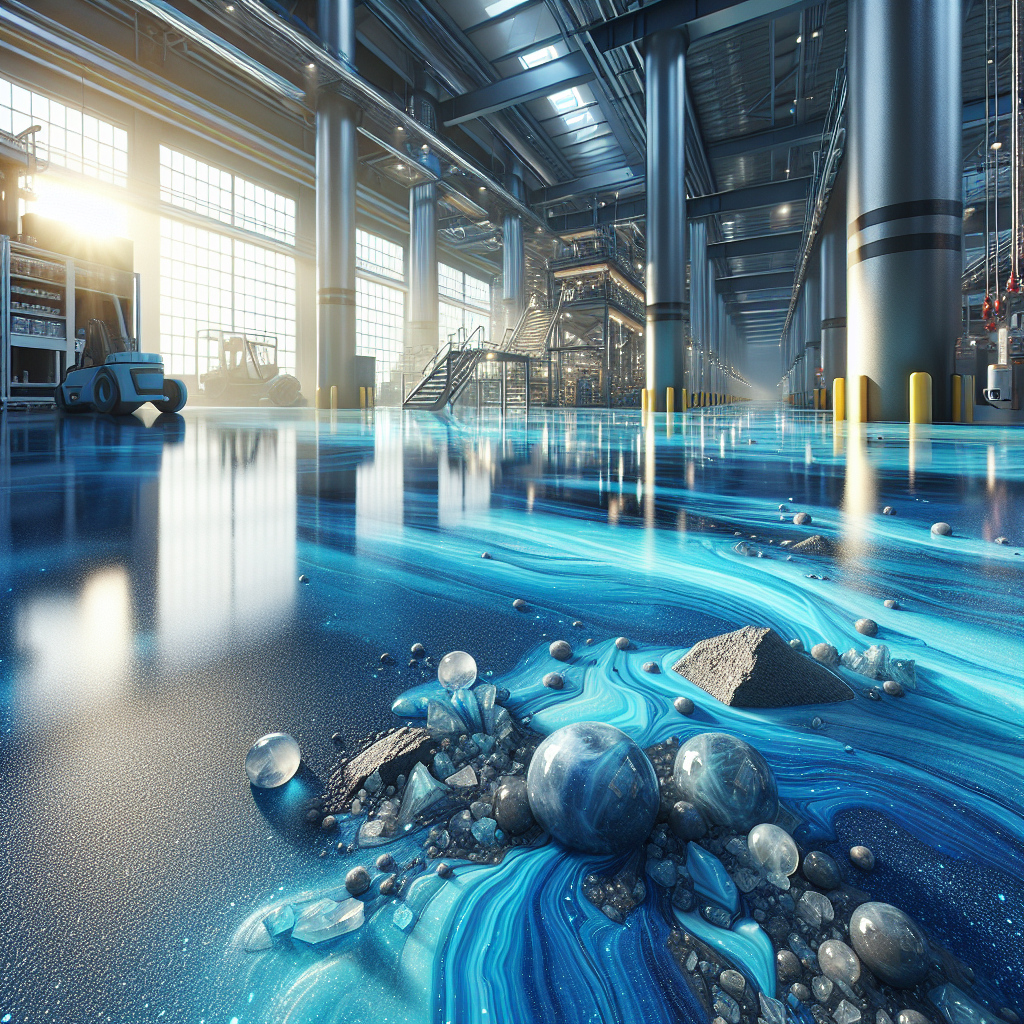
Deciding on the right flooring solution can be a daunting task, given the numerous options available in the market. However, when it comes to durability, maintenance, and aesthetic appeal, epoxy flooring proves to be an excellent choice. Its robust nature makes it suitable for both residential and commercial spaces, providing a long-lasting solution that can withstand heavy foot traffic and spills.
Moreover, epoxy flooring offers a wide range of design options, allowing you to customize your space according to your preferences. Whether you opt for a solid color, a metallic finish, or a decorative flake system, epoxy can enhance the visual appeal of your environment.
In conclusion, if you are looking for a flooring option that combines strength, beauty, and low maintenance, epoxy flooring may very well be the ideal choice for you. Call Us Today for a Free Quote and discover how epoxy flooring can transform your space!
